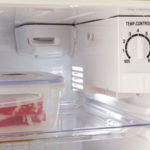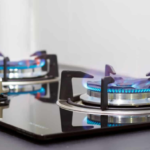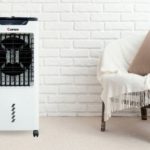When it comes to choosing a heating method, many people consider the cost of usage, especially during the chilly winter months. In the list of popular options, electric heaters and air conditioners are two means that many people are interested in.
Although both electric heaters and air conditioners are popular choices for keeping warm in cold weather, many families still have questions about the cost of usage. So between electric heaters and air conditioners, which one is more energy efficient? Let’s explore this in more detail.
1. Which one is more energy efficient, electric heaters or air conditioners?
In winter, the use of electric heaters becomes popular, and many people often compare whether electric heaters or air conditioners consume more electricity when heating the indoor temperature. However, based on the actual energy consumption, it can be affirmed that electric heaters actually consume more electricity than air conditioners.
The main difference between air conditioners and electric heaters is the heating principle. Air conditioners perform the heating principle through a complete heat cycle inside using heat pumps, while electric heaters use electric resistances, taking advantage of temperature differentials for heat transfer.
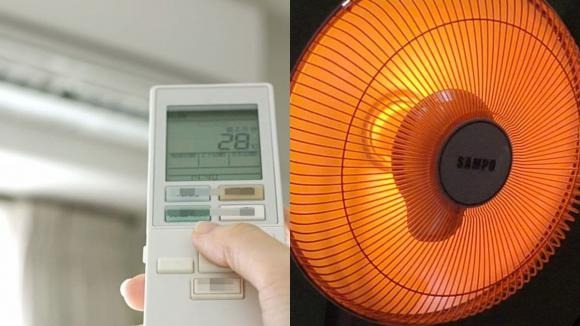
The different approach in the heat exchange process is also the reason for the difference in energy consumption between these two methods. Usually, a 1.5 HP air conditioner can provide heating efficiency for a room with an area of about 15 square meters, while to have a similar heating function, heaters usually require a power of more than 2000W. Due to the direct heating method through electric resistances, which consumes more electricity, air conditioners are considered a more energy-efficient choice compared to electric heaters.
However, many people still think that air conditioners consume a lot of electricity when heating the entire room. In fact, when using air conditioners for heating in winter, the compressor still requires support from electric heaters. In other words, this increases the energy consumption by about 500 to 1,000 watts in summer, resulting in a higher total electricity consumption compared to summer. Nevertheless, compared to electric heaters, using air conditioners generally consumes less electricity in a household environment.
2. How to use electric heaters to save energy?
The power consumption of electric heaters depends on the power of the device, measured in kilowatt-hours (kWh) with a voltage of 220V. For example, a 1KW electric device used for 1 hour consumes 1 kWh. Determining the power helps understand the amount of electricity consumption.
For electric oil heaters without temperature control, it is important to adjust the surface temperature of the machine to below 110°C. However, to save electricity, it is advisable to keep the temperature stable and use the timer function, setting the temperature to automatically stop when reaching the set level.
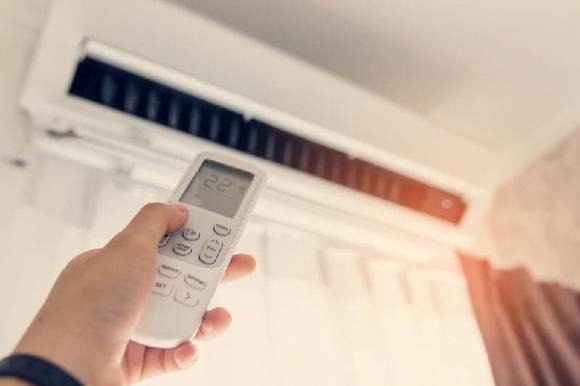
Measures to save electricity when using electric heaters include:
Don’t turn the temperature too high: Maintain the room temperature at a necessary level, usually from 18-20 degrees, to save energy and avoid unnecessary consumption.
Avoid frequent temperature adjustment: Keep the temperature stable after turning on the heater to save energy.
Avoid frequent toggling: Avoid frequent toggling on and off, as electric heaters consume the most electricity when starting up. Turn off the heater when leaving the house.
Use air conditioners in winter: In winter, air conditioners can be a more efficient choice than electric heaters, providing overall comfort for the room and consuming less electricity.
3. What should be noted when heating in winter?
To ensure safety when using coal stoves, pay attention to ventilation. Families or organizations using coal stoves need to maintain air circulation by opening doors and windows. Avoid completely covering doors and windows with plastic film to maintain a certain airflow, thereby preventing carbon monoxide accumulation.
Choosing a stove with good characteristics is an important step. Stoves used for heating should be equipped with a chimney. When purchasing a stove, choose from reliable sources and check the chimney connections carefully by using discreet duct tape. At the same time, ensure that the chimney structure is carefully maintained to prevent smoke leakage and the risk of inhalation. The chimney should be extended outside the window and equipped with a windbreaker to reduce the risk of smoke leakage, with the opening lower than the eaves.
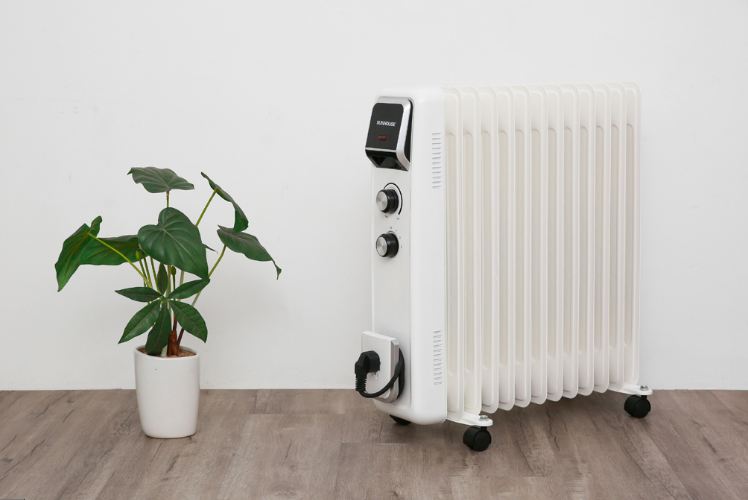
Perform regular checks to maintain the system. Regularly cleaning the chimney every two months is important to prevent blockage due to soot accumulation. The connections on the chimney need to be checked regularly and discreetly sealed to prevent air leakage. If the coal stove does not have a chimney, avoid placing it inside the house. During the day, open additional windows and doors to optimize air circulation while ensuring sufficient oxygen supply inside the house. An air duct can be installed above the window to create an exhaust for smoke and prevent cold air from infiltrating the house.
These are some measures for safety and energy saving when using coal stoves. When deciding between electric heaters and air conditioners, you should also consider the environment and the needs of the family to make the appropriate choice.
























